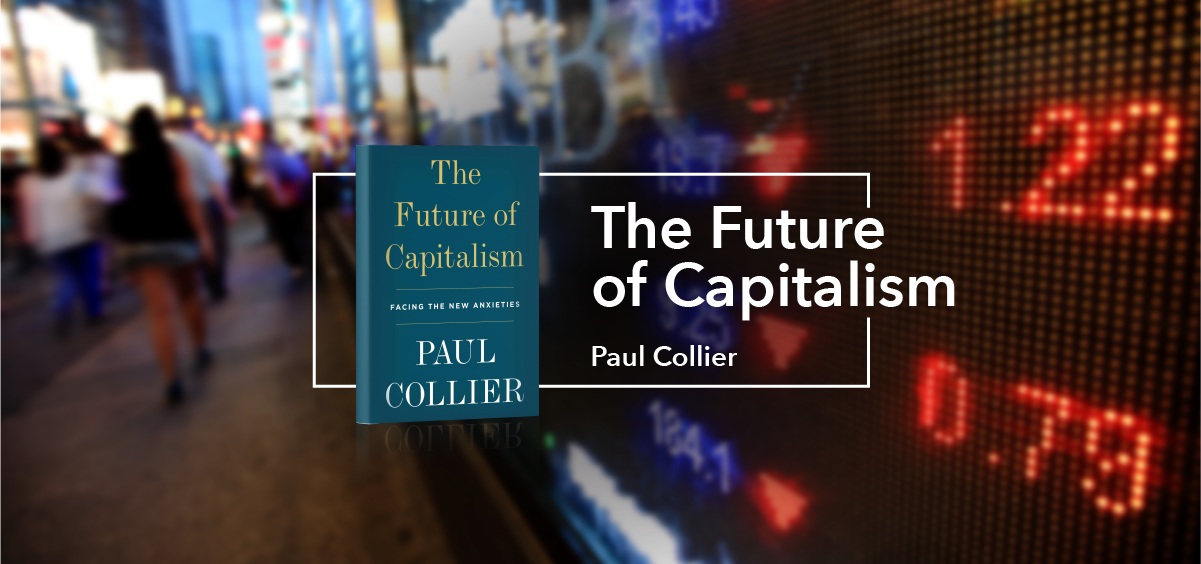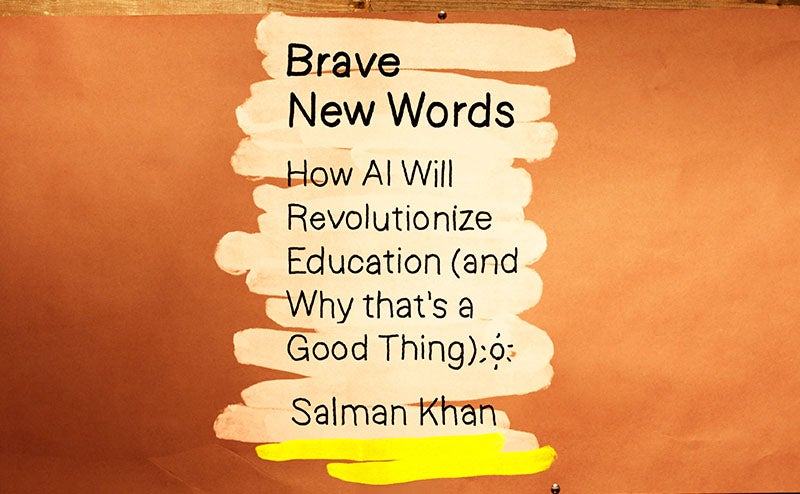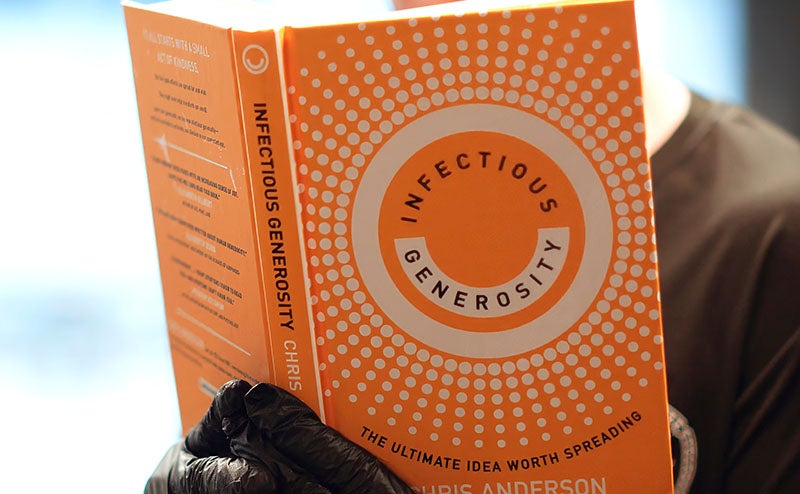Satya has a lot of interesting things to say about the transformation of both Microsoft and the tech industry at large.
I’m a big fan of Paul Collier. A highly respected Oxford economist (and a knight!), he has spent his career trying to understand and alleviate global poverty. His book The Bottom Billion is still on the short list of books that I recommend to people, even though a lot has changed since it was published 12 years ago.
So I was a little surprised when I learned that Collier’s latest book isn’t about poverty at all. But when I saw that it was about something I’m also keenly interested in—the polarization we’re seeing in the U.S., Europe, and other places—I was eager to see what he had to say. I’m glad I did. The Future of Capitalism: Facing the New Anxieties, is an ambitious and thought-provoking book.
Collier wrestles with a tough problem. If you measure by things like GDP growth and lifespan, life is better for more people around the world than it has ever been. And yet many people are questioning the capitalist system that produced those gains. There’s an understandable sense that the system is in crisis.
Why is this happening? Collier says we’re experiencing three big rifts: 1) a spatial divide between booming cities and struggling small towns; 2) a class divide between people who have a college education and those who don’t; and 3) a global divide between high- and middle-income countries on the one hand, and fragile states on the other.
Collier has a personal perspective on all three divides. He grew up in industrial Sheffield, England; now he makes his home in an upscale college town. Both of his parents left school when they were 12; he went to Oxford. He lives in a rich country, but because of his work, he spends a lot of time in some of the poorest places in the world.
As a result of the three trends, Collier says, capitalism is delivering for some people but leaving others behind. For example, he makes a point that should feel familiar to anyone living in London, New York City, or my hometown of Seattle. Highly skilled workers have a big incentive to move to cities, where they can get high-paying jobs. When all those big earners cluster in one place, more businesses sprout up to support them. This large-scale movement into the city drives up the cost of land, making it less affordable for everyone else. It is a virtuous cycle for a lucky few and a vicious one for others.
This all adds up to a compelling description of the problem. What should we do about it?
I found myself agreeing with a lot of what Collier has to say. I was especially struck by the central idea of his book, that we need to strengthen the reciprocal obligations we have to each other. This won’t directly address the divides, but it will create the atmosphere where we can talk more about pragmatic solutions to them. “As we recognize new obligations to others,” Collier writes, “we build societies better able to flourish; as we neglect them we do the opposite…. To achieve the promise [of prosperity], our sense of mutual regard has to be rebuilt.”
He looks at four areas where we can do this: the global level, the nation-state, the company, and the family. Globally, for example, he argues that we need to revitalize groups like NATO and the EU while also recognizing the need to help the world’s poorest people escape poverty (an area that is of special interest to me given the Gates Foundation’s work).
At the corporate level, Collier criticizes the notion that a company’s only responsibility is to make money for its shareholders. This sole focus on the bottom line, he argues, means many companies no longer feel responsible to their employees or the communities where they operate. This has been a big driver, he says, of “the mass contempt in which capitalism is held—as greedy, selfish, corrupt.”
I agree that companies need to take a long-run view of their interests and not just focus on short-term profits. It matters how businesses are viewed in their communities and by their employees. I think the profit motive encourages companies to take such a broad view of their interests more often than Collier acknowledges, although there are plenty of exceptions. And when we want companies to act a certain way—for example to reduce pollution or pay a certain amount of taxes—I think it’s more effective to have the government pass laws than to expect them to voluntarily change their behavior.
If I had the chance, I would ask Collier more about this. I finished the book wondering if he thinks we can change the incentive structure so companies act differently. Or perhaps some companies don’t realize that their long-term interests require valuing things other than the bottom line. It would be fascinating to discuss with him.
I would also take Collier’s world/nation/company/family argument one step further. I would add a fifth category: community. We need to re-connect at the local level, where we’re physically close enough to help each other out in times of need. Churches can serve this purpose. So can community groups. Digital tools have also helped people connect with their neighbors, though I think there’s still more that could be done there.
With a complex subject like this, it is always easier to describe the problem than to solve it. The Future of Capitalism devotes a lot of time to how we might ease people’s anxieties, including more vocational training, support for families (what he calls “social maternalism”), and policies designed to make companies behave more ethically.
Although I don’t agree with all of Collier’s suggestions, I think he is right more often than not. Melinda and I will have more to say about inequity in our next Goalkeepers report in September. But to take just one example, I think the U.S. government needs more revenue to meet its commitments, and that means raising taxes on the wealthiest. Similarly, Collier makes a good case for raising taxes on the unearned income of high-wage workers in cities (like when the value of their land goes up simply because they can afford to live in a place where other well-off people want to live).
Ultimately, I agree with him that “capitalism needs to be managed, not defeated.” We should do more to curb its excesses and minimize its negative aspects. But no other system comes close to delivering the innovations and economic growth that capitalism has sparked around the world. This is worth remembering as we consider its future.





